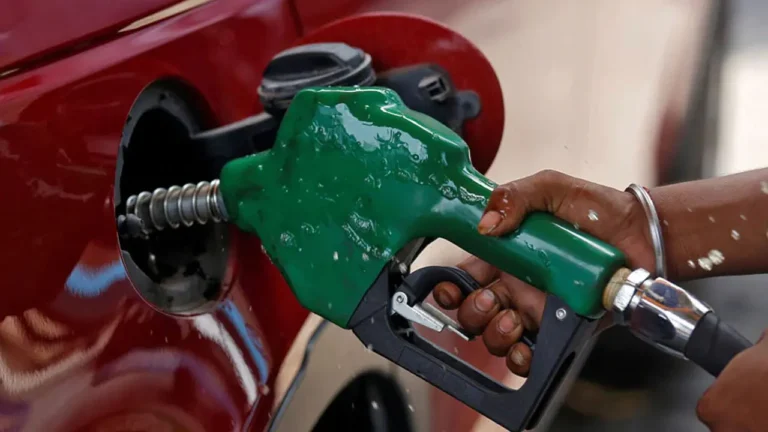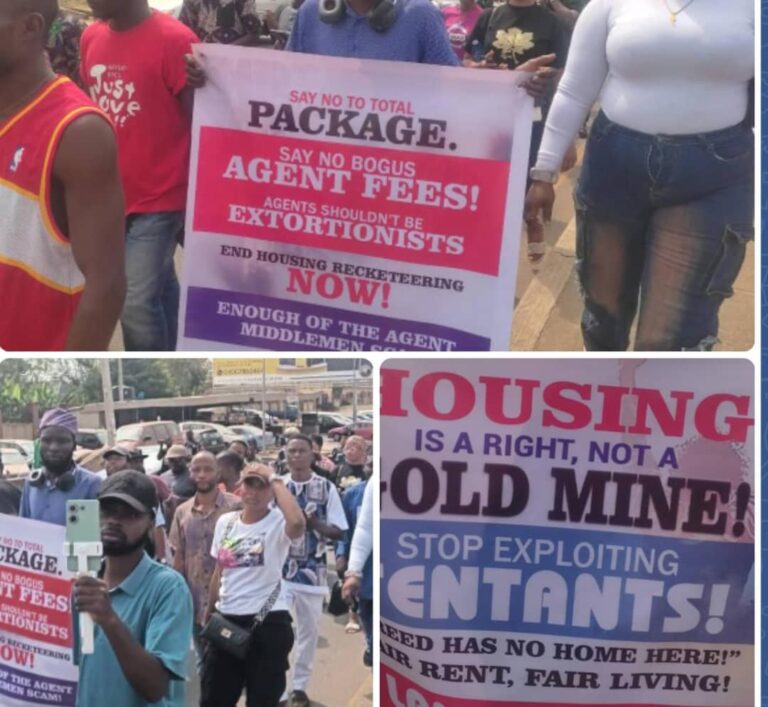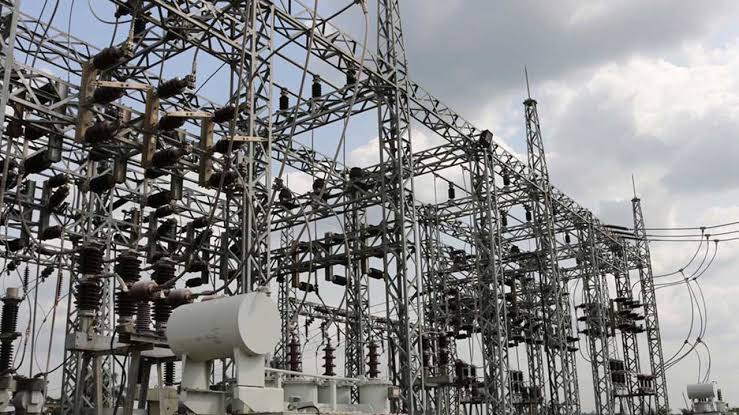
Over 4,900 petrol retail outlet owners have shut down their businesses, as thousands of independent marketers are currently scaling down operations, oil dealers in the downstream sector have said.
They attributed this to rising financial losses from unpredictable and volatile costs in the price of Premium Motor Spirit (petrol) sold by the Dangote Petroleum Refinery and PMS importers.
This comes against the backdrop of frequent changes in the price of petrol by the refinery. The $20bn refinery has changed the price of petrol about six times this year. It reviewed petrol prices six times between January and April 2025, with an initial cost of N950 per litre, followed by gradual reductions to N835.
Findings by The PUNCH on Wednesday showed that marketers are lamenting the development. The situation has compelled marketers to scale down the volume of petroleum products they purchase, with as many as three or more marketers now pooling resources to afford a single truckload of fuel.
However, players without the required financial war chest have been forced to close their businesses.
Recall that the current administration, after the removal of subsidies on petrol, fully deregulated the downstream segment of the oil industry in October 2024, effectively placing pricing at the mercy of market forces.
This triggered a fierce battle for market share between the 650,000-barrel-per-day Lekki-based refinery and fuel-importing marketers, as both sides strive to prevent the emergence of a monopoly and assert dominance in the newly liberalised market.
But this crisis, industry players say, is being driven by unregulated pricing, logistics bottlenecks, and the absence of clear market signals from dominant refiners, forcing independent petroleum marketers and retailers to either shut shop or adopt cost-sharing survival strategies.
They urgently called for robust economic buffers and more effective regulatory oversight to stabilise the market and protect their businesses from further shocks.
Confirming the dire situation, the Petroleum Products Retail Outlets Owners Association of Nigeria said over 70 per cent of its 7,000 retail outlets have closed shop due to unsustainable operating conditions. This implies that 4,900 retail stations owned by members have been closed.
PETROAN President, Billy Gillis-Harry, told our correspondent that the issue had worsened due to the lack of loans from commercial banks.
He said, “PETROAN has over 7,000 retail outlets, and over 70 per cent of those outlets are closed and are out of business today. And the reason is that we struggle to take loans from the bank. You buy products from a supplier and then before you can get to your filling station, prices have either increased or it has been dropped for no justifiable reason.
“And then they have a few filling stations that would be selling at lower prices, and of course, all traffic goes there, even if motorists have to stay in the queue for hours. So what happens, people are thrown out of business. So what choice do we have?”
He explained that to remain afloat, many dealers have had to source fuel from alternative suppliers offering “soft landing” deals to cushion the market shocks and allow recovery.
“That situation has forced us to source products from those who can give us a soft landing, and then we can be able to recover and compete, because if someone knows that there are products and he is going to buy and do his business, there is no need to stay on a queue for fuel.
“So this is why we came out to cry about this price fluctuation, we can’t tell what the reason is from our refining giant. It is difficult to understand, and we called on the authorities to wade into it quickly because we had foreseen a situation where there may not be any liquidity to stock or restock products. And that would bring scarcity and a hike in price.”
The closure is not peculiar to retail outlet owners. The PUNCH had earlier reported that over 70 tank farm operators had ceased operations in the last two years, leaving their facilities abandoned and idle as retailers and station owners increasingly avoid utilising their services.
These dormant tank farms, representing 65 per cent of the total 120 approved facilities, now stand idle, with operators increasingly bypassing the storage facilities in favour of alternative trucking options.
The business closure was primarily driven by the removal of the fuel subsidy by President Bola Tinubu’s administration, which led to a significant increase in petrol prices and affected the purchasing power of fuel marketers.
Similarly, the Independent Petroleum Marketers Association of Nigeria also confirmed that its members were grappling with heavy losses due to fluctuating prices and worsening logistics.
IPMAN’s National Publicity Secretary, Chinedu Ukadike, noted that the association’s members have recorded poor performance across key indicators, citing persistent downward reviews.
He attributed much of the setback to price instability, severe logistics and transportation challenges, stating that many trucks now spend up to three days in transit before reaching their destinations.
He said a recent review by the association revealed that its members lost between N300,000 and N1m, depending on the quantity of products per truck.
Ukadike said, “The uncertainty and disparity in price are always present in any liberalised market. Once the price is not being regulated, you would experience inherent fluctuations, and this makes buyers careful of how many litres they would be buying because of speculations and a price drop. All of these things modulate buyers’ and marketers’ behaviour. I also know that in the last few days under review, it has not been easy for independent marketers.
“We have experienced downward reviews in our key performance indicators, and because of our logistics and transportation problems, most of our trucks spend three days on the road before they get to our destination, and when they get there, prices have dropped resulting in losses ranging from N300,000 to over N1m depending on the quantity.
“You now find out that marketers sell at a loss, and this has remained the only reason why we don’t change prices immediately when they happen. The effect of that decrease is on the marketers to bear. We don’t have buffers or an economic wedge to regain the loss. We have been getting losses and losses within the period under review. But we are businessmen, and we are still on the ground. We would continue to push and see how we can maintain our filling station and ensure service delivery to the nation.”
Despite these challenges, the association maintains that its members, numbering over 20,000, remain resilient.
“We have over 20,000 registered IPMAN marketers. Marketers are no longer taking products in bulk; most of us now combine to buy products. You can have three marketers bring together funds to buy products. So instead of losing out and shutting down, marketers prefer to just combine money to buy a truck, and that is the way we are operating now. It is skeletal because of the deficit in our financial value,” Ukadike stated.
The ongoing crisis underscores the wider implications of Nigeria’s liberalised fuel market. With prices left to market forces and no cushioning mechanism in place, independent players, who form the backbone of distribution, are finding it increasingly difficult to survive.


